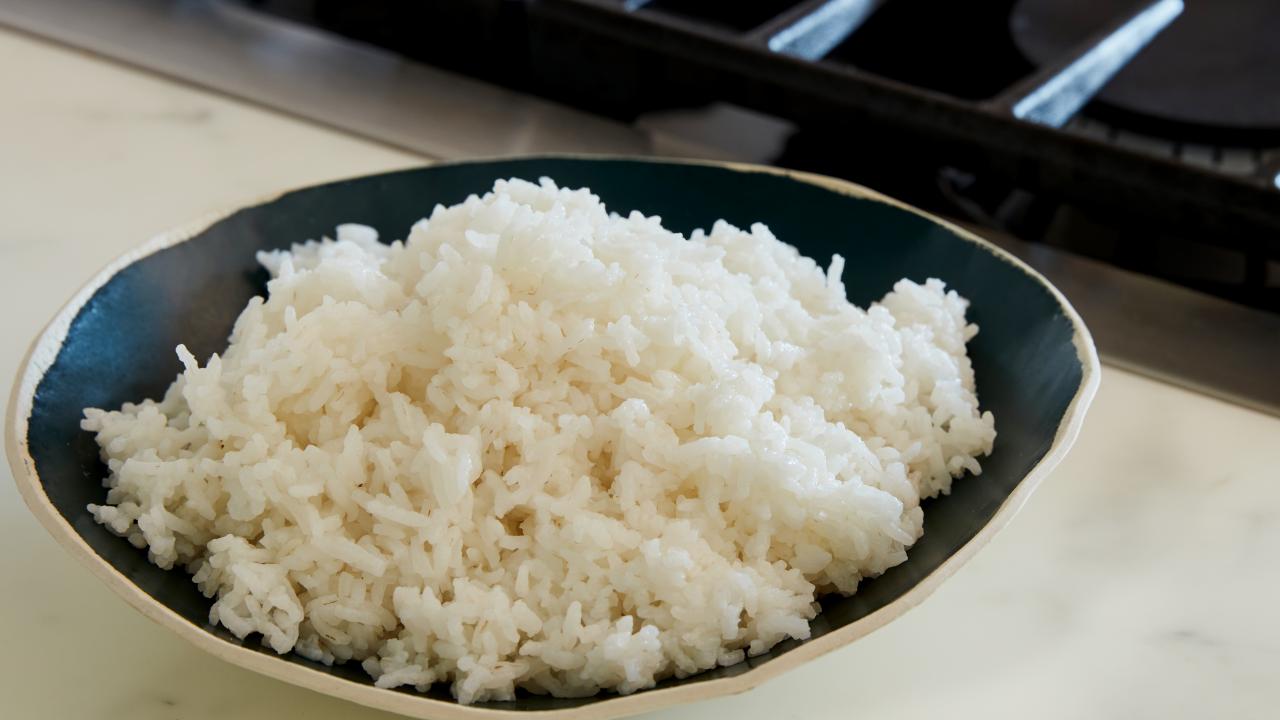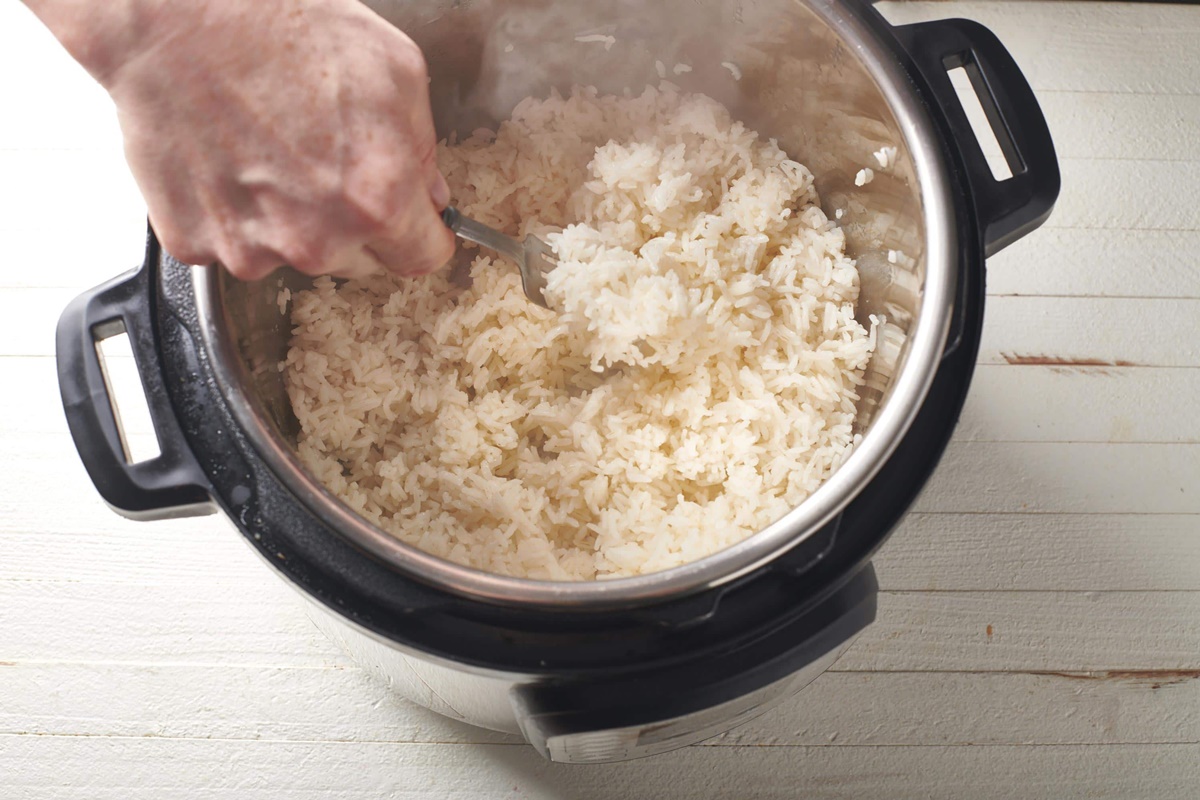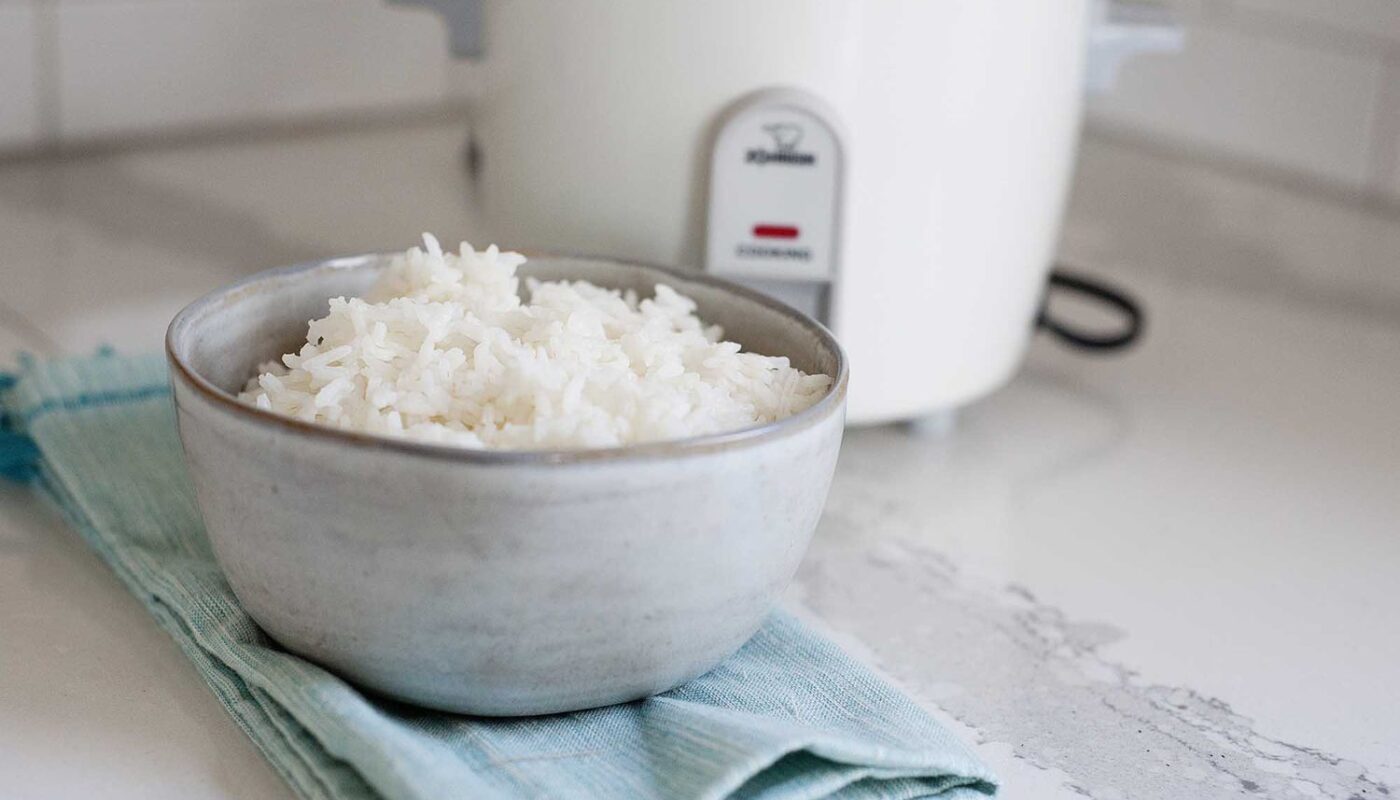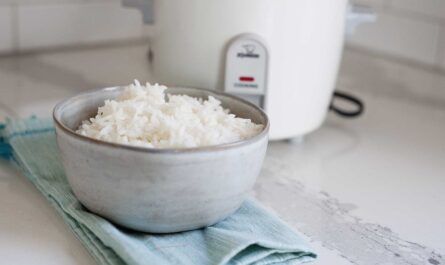For many sushi enthusiasts, a rice cooker is an indispensable kitchen appliance. It ensures perfectly cooked rice, which is the foundation of any great sushi dish. However, like any appliance, rice cookers have a lifespan. Knowing when to replace your rice cooker is crucial to maintaining the quality of your sushi and other rice dishes. In this article, we will explore the signs that indicate it might be time for a new rice cooker, ensuring you never compromise on the quality of your meals.

Understanding Your Rice Cooker
Before diving into the signs of replacement, it’s essential to understand how a rice cooker works. A typical rice cooker uses a heating element to bring water to a boil, cooking the rice. A thermostat helps maintain the correct temperature to ensure the rice is cooked evenly. Over time, these components can wear out, affecting the performance of your cooker.
Signs Its Time to Replace Your Rice Cooker
1. Inconsistent Cooking Results
If your rice is sometimes undercooked, overcooked, or unevenly cooked, it might be a sign that your cookers heating element or thermostat is failing.
2. Unusual Sounds and Smells
Strange noises or burning smells are clear indicators that something is wrong. It could be a sign of electrical issues or overheating.
3. Physical Damage
Cracks, dents, or other visible damages to the cooker can affect its performance and safety. Any significant physical damage should prompt a replacement.
4. Frequent Overheating
If your rice cooker is overheating regularly, it could be a sign of a malfunctioning thermostat or heating element.
5. Power Issues
If your rice cooker doesnt turn on or shuts off unexpectedly, it might be time for a new one. Electrical issues can be dangerous and shouldnt be ignored.
How Long Does a Rice Cooker Last?
The lifespan of a rice cooker varies depending on the brand, model, and how often its used. On average, a good quality rice cooker can last between 5 to 10 years. Regular maintenance and proper usage can extend its life.
Maintaining Your Rice Cooker
1. Regular Cleaning
Ensuring your rice cooker is clean after each use can prevent residue buildup that may affect performance. For tips, check out cleaning a rice cooker.
2. Proper Usage
Using the right amount of water and rice, avoiding overfilling, and not using metal utensils inside the cooker can prolong its lifespan.
3. Regular Inspections
Regularly check for damages, loose parts, or any signs of wear and tear. Addressing minor issues early can prevent major problems.
Choosing a New Rice Cooker
When it’s time to invest in a new rice cooker, consider your needs. For sushi lovers, a cooker with a sushi rice setting might be ideal. Consider factors like capacity, features, and brand reputation. For more insights, visit different types of rice cookers.
When to Seek Professional Help
Sometimes, issues with your rice cooker may not require a replacement but a simple repair. If unsure, consulting a professional can help determine the problem and save you from unnecessary expenses.

Conclusion
For sushi enthusiasts, a reliable rice cooker is a must-have. Recognizing when to replace your rice cooker ensures you always have perfectly cooked rice for your culinary creations. Remember, regular maintenance and proper usage can significantly extend the life of your rice cooker.
FAQs
1. How often should I clean my rice cooker?
It’s best to clean your rice cooker after every use to prevent residue buildup and maintain hygiene.
2. Can a faulty rice cooker be repaired?
In some cases, yes. If the issue is minor, such as a damaged power cord, it may be repairable. However, significant issues might require a replacement.
3. What size rice cooker should I buy?
The size depends on your needs. For a family, a medium to large cooker is ideal, while a small cooker might suffice for individuals.
This article contains affiliate links. We may earn a commission at no extra cost to you.




